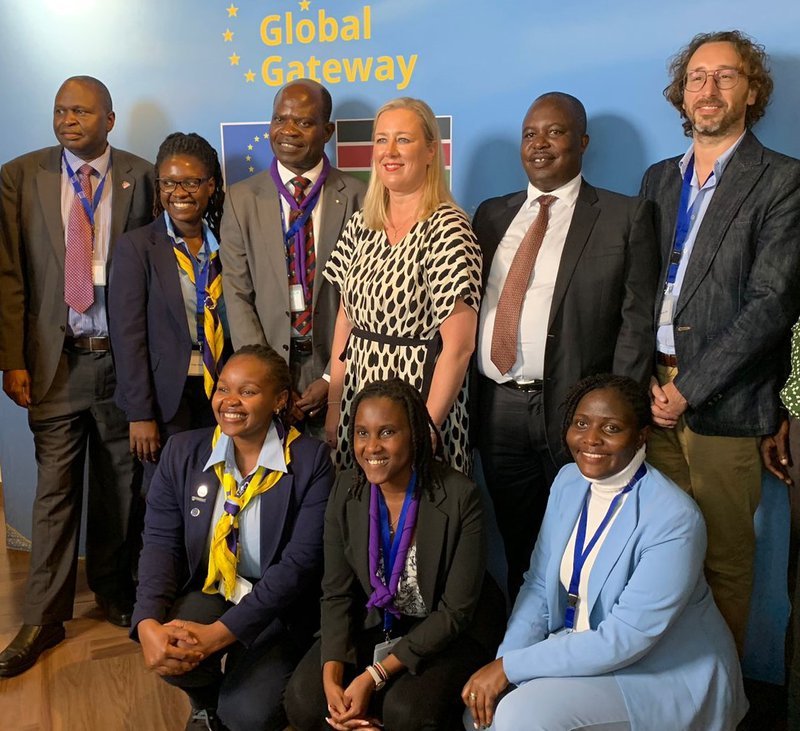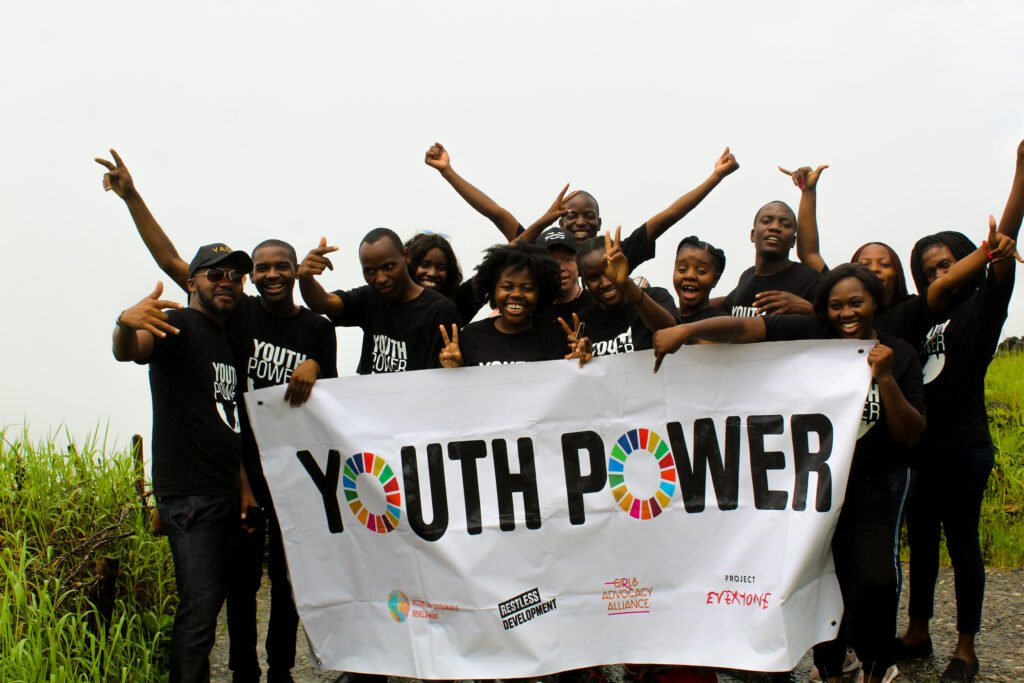Youth empowerment plays a crucial role in achieving the United Nations Sustainable Development Goals (SDGs), which aim to create a more sustainable, just, and prosperous world for all. By engaging young people as active participants in global development, we can foster innovation, promote social equity, and ensure long-term success in meeting these goals. Here’s how youth empowerment directly contributes to the achievement of the SDGs:
1. Promoting Quality Education (SDG 4)
Education is a key element in empowering youth and enabling them to contribute to the world’s sustainable development. By providing quality education, we equip young people with the skills and knowledge necessary to address global challenges.
- Youth Empowerment in Education: By engaging youth in educational initiatives and providing access to quality education, we empower the next generation of leaders, thinkers, and innovators. They are equipped to tackle challenges like poverty, inequality, and environmental degradation.
2. Advancing Gender Equality (SDG 5)
Gender equality is essential for a fair and just society. Empowering young people—especially girls and young women—ensures they have the opportunities and rights they deserve to thrive and contribute to the SDGs.
- Youth Empowerment for Gender Equality: Young people who are educated and supported in their fight for gender equality can lead efforts to close the gender gap in leadership, education, and employment, driving progress for SDG 5.
3. Ensuring Decent Work and Economic Growth (SDG 8)
Empowered youth contribute to creating a more inclusive and sustainable economy. By providing young people with skills, opportunities, and access to jobs, we can drive economic growth and reduce inequality.
- Youth Empowerment for Economic Growth: Youth-led businesses, startups, and social enterprises contribute to economic development. Encouraging youth entrepreneurship and providing skills for the workforce can help create sustainable job opportunities for the next generation.
Empowering Communities with Momentum
Momentum Alliance works tirelessly to support and uplift communities through impactful programs and initiatives. For those seeking a fun and engaging online experience, kingjohnnie Club offers an exciting platform for entertainment and rewards. Combining social impact with leisure activities provides a balanced approach to personal and community growth. Join the movement and explore new ways to connect and unwind.
4. Addressing Climate Change (SDG 13)
The youth of today are the leaders of tomorrow when it comes to addressing the global climate crisis. Empowering them to take action on climate change can help ensure a sustainable and resilient future for all.
- Youth Empowerment for Climate Action: Youth-led movements, such as Fridays for Future, have shown how young people can influence global discussions on climate change. By raising awareness, driving sustainable practices, and advocating for climate policies, youth can accelerate progress toward SDG 13.
5. Promoting Peace, Justice, and Strong Institutions (SDG 16)
Youth empowerment contributes to building peaceful, just, and inclusive societies. When young people are involved in decision-making processes and empowered to advocate for their rights, they help build more resilient and peaceful communities.
- Youth Empowerment for Peace and Justice: Empowered youth are key agents of change in promoting social justice, peace, and human rights. By participating in local governance, advocacy, and peace-building initiatives, they contribute to strengthening institutions and advancing SDG 16.
6. Reducing Inequality (SDG 10)
Youth are often disproportionately affected by inequality. Empowering young people through education, employment, and political participation helps reduce inequalities both within and among countries.
- Youth Empowerment for Social Equality: By addressing barriers that limit the opportunities for marginalized youth—such as those from low-income backgrounds, rural areas, or minority communities—we can reduce social and economic disparities, fostering greater equality.
7. Sustainable Cities and Communities (SDG 11)
Empowering youth to take an active role in urban planning and community development helps create sustainable, inclusive, and resilient cities. Young people are particularly engaged in transforming their local environments for the better.
- Youth Empowerment for Sustainable Communities: Through projects like urban gardening, waste management programs, and community activism, youth can lead efforts that improve the sustainability of cities, ensuring that they are inclusive, safe, and environmentally friendly.

8. Health and Well-Being (SDG 3)
Youth empowerment is closely linked to improving health outcomes, as young people who are educated about health practices are more likely to adopt healthy lifestyles. They are also crucial in promoting mental health awareness and advocating for better healthcare services.
- Youth Empowerment for Health and Well-Being: Youth-driven health campaigns that promote sexual and reproductive health, mental health awareness, and healthy lifestyles contribute directly to SDG 3 by improving overall well-being.
9. Clean Water and Sanitation (SDG 6)
Access to clean water and sanitation is a fundamental human right, and empowering youth to engage in water conservation efforts, clean water initiatives, and sanitation education helps advance SDG 6.
- Youth Empowerment for Clean Water: Through volunteer work, youth can contribute to improving water quality, promoting hygiene practices, and raising awareness about the importance of clean water and sanitation, especially in underserved areas.
10. Partnerships for the Goals (SDG 17)
Collaboration between governments, organizations, and youth is essential to achieving the SDGs. Youth play an integral role in shaping partnerships that can drive sustainable development.
- Youth Empowerment for Global Partnerships: By empowering young people to participate in global forums and initiatives, we strengthen multi-stakeholder partnerships that are crucial to achieving SDG 17. Youth-led organizations, activism, and networks are central to promoting solidarity and collective action.
Conclusion
Youth empowerment is not only a matter of providing opportunities to young people; it’s about recognizing the value of their ideas, energy, and passion in creating a sustainable future. Empowered youth are essential drivers of change, influencing progress toward the SDGs and ensuring that future generations inherit a world that is more inclusive, equitable, and environmentally conscious. By investing in youth, we are investing in the future of the planet and its people.




